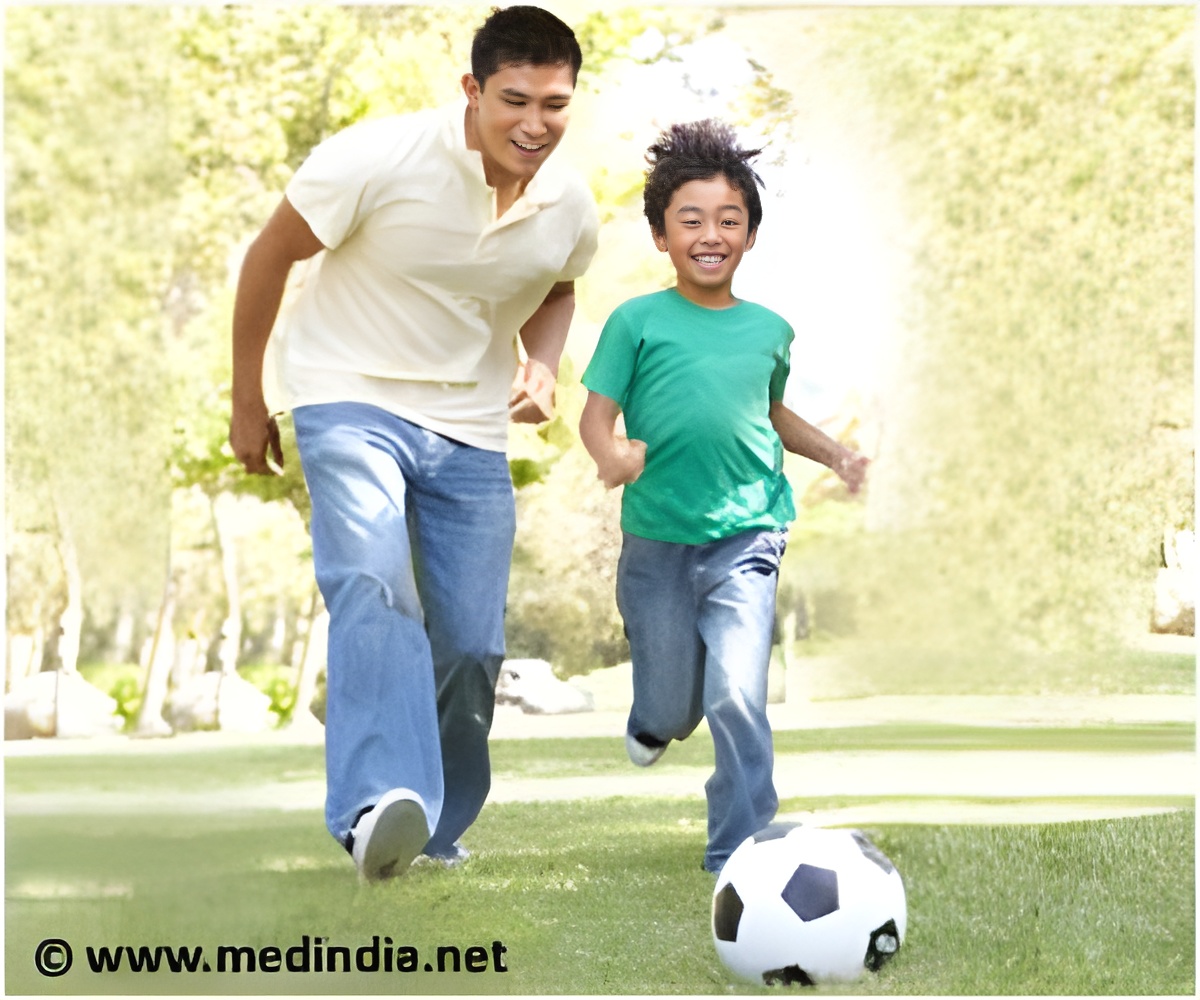
The brain's cognitive control system, which helps to "put the brakes" on risky behavior, matures more gradually.
"If adolescents made all of their decisions involving drinking, driving, dalliances, and delinquency in the cool isolation of an experimenter's testing room, those decisions would likely be as risk averse as those of adults," argued Laurence Steinberg of Temple University and colleagues.
"But therein lies the rub: Teenagers spend a remarkable amount of time in the company of other teenagers," he added.
The researchers point to a new wave of research at the intersection of neuroscience and behavior that suggests that the company of other teenagers fundamentally changes the calculus of adolescent risk taking.
In a study published in 2009, Steinberg and colleagues found that early adolescents, around 14 years old, took twice as many risks in a driving simulation game when they were tested with peers than when they were tested alone. Older adolescents' driving was about 50 percent riskier in the company of peers.
Advertisement
Taken together, findings from this line of research reveal that being around peers can heighten teens' risky decision making by changing the way their brains process rewards.
Advertisement
Source-ANI










